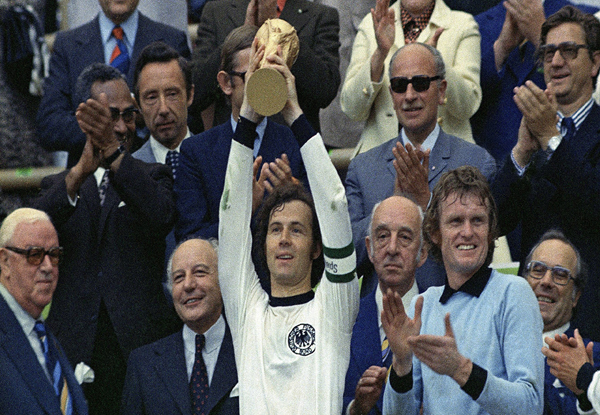
Xtra Time Web Desk: Legendary German footballer and 1974 FIFA World Cup winner Franz Beckenbauer has passed away at the age of 78, as confirmed by a statement from his family through the German press agency DPA.
“It is with deep sadness that we announce that my husband and our father, Franz Beckenbauer, passed away peacefully in his sleep on Sunday, surrounded by his family,” the statement read. “We ask that we can be able to mourn in silence and not be disturbed by any questions.”
Beckenbauer enjoyed a stellar playing career which included 104 caps for West Germany and 427 appearances for German club side Bayern Munich. His football journey commenced in 1964 when he entered Bayern Munich’s youth system as a central midfielder, eventually transitioning to a renowned defensive role. Over the following 13 years, he etched his name in history with Bayern Munich, becoming the only defender to secure the Ballon d’Or twice (1972, 1976).
Also Read: Legendary Brazilian footballer Mario Zagallo dies aged 92
The pinnacle of Beckenbauer’s playing career unfolded in 1974 when he played a pivotal role in West Germany’s World Cup triumph, clinching a hard-fought 2-1 victory in the final against Johan Cruyff’s Netherlands. His illustrious career also included the 1972 European Championship with West Germany and three European Cup triumphs with Bayern Munich.
Post his playing days, Beckenbauer ventured into management, as he enjoyed success with two spells at Bayern Munich and a noteworthy six-year tenure as the manager of the German national team, securing victory in the 1990 World Cup in Italy. He stands alongside Brazil’s Mário Zagallo and France’s Didier Deschamps as one of only three footballers to have won the World Cup both as a player and a manager.
The football community mourns the loss of a true icon whose impact transcends generations, leaving behind a legacy that forever marks him as one of the sport’s immortals.
For more sports news: Click here
